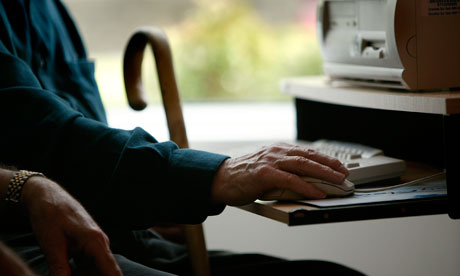Tag Archives: Older care
Caring For Carers: The Pressures of Caring For A Loved One With Dementia
Guest Blog Jason Tucker
Dementia is a debilitating illness, and sadly one that currently lacks a positive long-term prognosis. It’s natural that when someone is diagnosed with any of the many forms of dementia that the focus is on their well-being. In the early stages family members may well take on care roles, helping their loved one cope with the condition as far as possible. Many relatives, particularly spouses, will move to being full-time carers. This can be an excellent option, as the familiarity of home and family can make things easier for the person suffering with dementia, at least in the early stages of the disease.
Caring for someone with dementia is an all-consuming job, especially as the person’s condition deteriorates and they become increasingly disorientated and unable to carry out simple tasks. It’s not uncommon for carers to pour everything into their efforts, which is only natural. However, many carers lose sight of their own needs which results in stress, fatigue and burnout, none of which are good for the carer or their relative.








